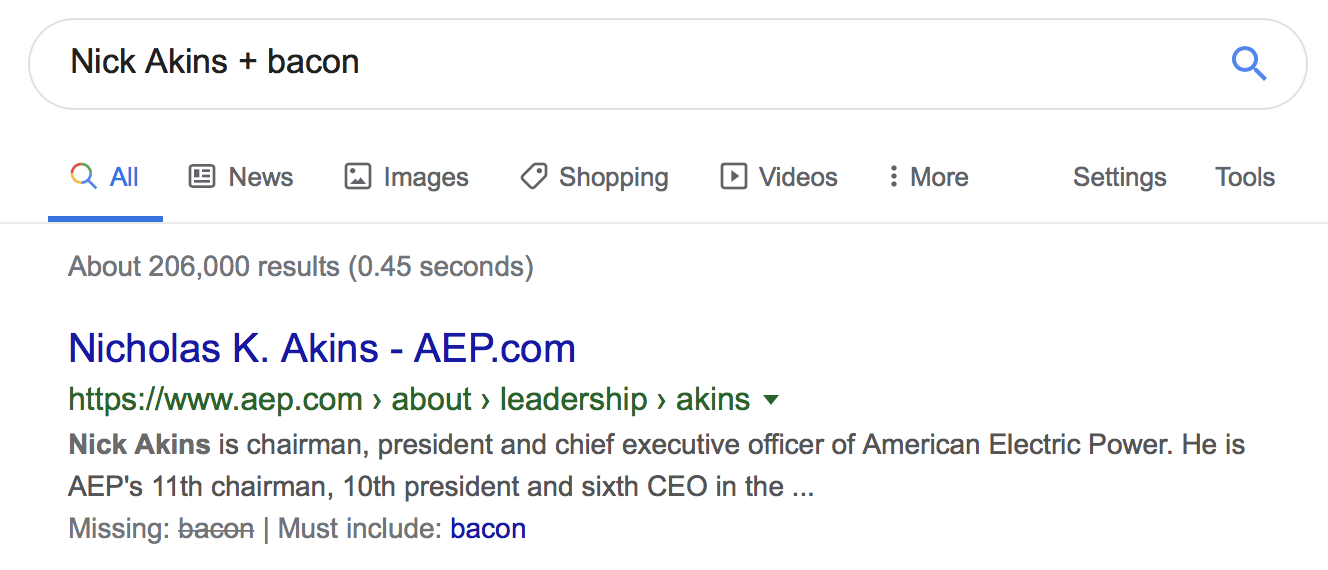Some outfit calling itself the Energy and Environment Legal Institute has filed several requests to the SEC asking that it prohibit corporate greenwashing. The latest is a great read about Amazon's greenwashing, and so is its original request featuring greenwashing by such companies as Apple, Exxon, and Exelon.
All these companies make big claims to their investors about how much they're contributing to stopping climate change. Except, they're not. Not really. Their contributions are, quite literally, a green fart in a climate change windstorm. Their emission reductions average less than 1/10th of a percent of the 53.5 billion tons of carbon emitted annually.
Such statements mislead investors by giving them the false impression that the emissions are cuts are at all significant or meaningful. Regardless of one’s views on climate science, simple math shows that no registrant can affect climate in any discernible manner. No single registrant is “saving” the planet. All U.S. registrants taken together can’t “save” the planet by even by eliminating all their emissions. The math is simple. Claims to the contrary are false and/or misleading.
The Commission should issue new climate guidance to registrants instructing them that, if they choose to talk about climate, they must do so honestly and with full disclosure with respect to the significance of their actions. If a registrant wants to report that it has cut its emissions by 25 MILLION tons, it should also be required to report that, in the context of a world where manmade emissions amount to 53.5 BILLION tons, the 25 MILLION tons of emissions cuts amounts to 0.047% of global emissions.
So, if corporations are pulling their investors' legs about how environmentally sustainable they are, they're pulling the legs of their customers even harder. If these corporations were honest with investors, they'd tell them that greenwashing sells. The silly people who no longer eat meat or drink with straws are eating it up, believing they're making a big difference by buying the products of greenwashed companies.
But if these companies themselves aren't making a difference, how much difference did I make last week when my waitress disdainfully sniffed, "We don't have straws," and I had to gingerly drink out of a sloppy bar glass? Ew. Did I save the planet that afternoon? The climate hysteria has gone way beyond "I'm making a difference" to "I'm going to make you make a difference." And that's where it's about to run aground.
Greenwashing is nothing more than expensive PR.
So, just remember, you're not really making a difference. You're just paying more to pretend that you are. The only way you can actually save the planet is by ceasing to exist (because eating babies is cray-cray).
As before, Amazon could vanish from the Earth – i.e., have zero emissions now and forever – and this would make no difference to global emissions, atmospheric greenhouse gas levels or to climate.

 RSS Feed
RSS Feed